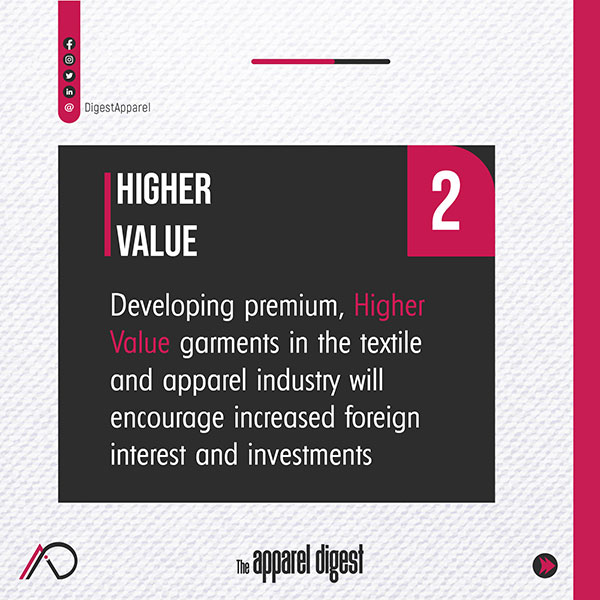The government formulated the SME Policy 2019 for sustainable development of small and medium enterprises, but has so far implemented very little of it.
People involved with the policy said short, medium and long-term plans have been proposed in the Policy, but they have mostly not been implemented due to “lack of allocation of funds”.
Some work has been done in line with the policy, such as facilitating access to finance for small and medium entrepreneurs, providing training for skill development, organising product fairs, giving importance to women entrepreneurs, and creating cluster-based entrepreneurship.
But important issues like connecting small entrepreneurs to large scale industries, creating backward and forward linkages, and making it obligatory for government institutions to purchase SME products or services, are yet to be implemented.
The plan to buy goods and services from small and medium entrepreneurs under government procurement requires amendment in the public-private partnership system. The Industries Ministry and the Central Procurement Technical Unit are implementing agencies of this initiative, but they have not taken any decision regarding the issue, even though four years have passed since the policy was adopted.
There were also plans to allocate funds to reorganise and strengthen the Bangladesh Small and Cottage Industries Corporation, and expand and strengthen the SME Foundation’s activities by setting up offices at the division and district levels, but those plans have not been implemented.
The Export Promotion Bureau was tasked with carrying out regular SME surveys through Bangladesh Bureau of Statistics, inclusion of small and medium businesses in economic census, and disaggregation of the small and medium enterprise sector’s contribution to exports.
A separate report on the export of the small and the medium enterprises has not yet been prepared or published. In the absence of a census, the number of such enterprises has not been definitively counted. As a result, the plans are being prepared based on 2013 statistics.
The SME Policy 2019 focused on creating a conducive environment for small and medium businesses, building sustainable and efficient institutions, and ensuring access to financial and business support to disadvantaged and underprivileged, but promising entrepreneurs.
The policy also emphasised the adoption of cluster-based development strategy for small and businesses, human resource development, business development services, access to financing facilities, technology development, and ensuring opportunities for all by simplifying laws, regulations and administrative activities.
Eleven strategic goals have been set in the five-year policy, which is scheduled to end in June 2024, but most of them are yet to be realised.
The SME Foundation, the Bangladesh Small and Cottage Industries Corporation and other trade bodies are considered policy implementing organisations, but their progress in this regard is poor.
Officials of these two organisations admitted there has not been as much progress in implementing the policy, and blamed the lack of allocation of funds for it.
They also claimed they have been fulfilling the responsibilities prescribed in the policy that are within their capacity, but were not able to implement the plans that required coordination with other organisations.
The government formulated a SME Policy for the first time in 2005 with the aim of creating a supportive environment for the development of the small and medium enterprise sector in the country.
In the National Industrial Policy formulated in 2016, a specific and time-based development plan is promised for the proper implementation of the SME Policy.
According to the SME Policy formulated in 2019, the highest forum for the development of this sector is the National SME Development Council, which consists of 18 ministries and government institutions, and is chaired by the industries minister.
A National SME Task Force has also been formed, with 28 members, including representatives from various government agencies and the SME sector.
Industries Minister Nurul Majid Mahmud Humayun could not be reached over phone for comments on the slow implementation of the SME Policy.
A member of the National SME Task Force told TBS on condition of anonymity that practically no major policy has been implemented, except for a couple of plans. The measures that have been implemented could have been executed by the Bangladesh Small and Cottage Industries Corporation and SME Foundation themselves.
“The government talks about the development of small and medium enterprises, but does not give much importance to it in reality. Such a beautiful policy has been formulated, but nothing has materialised. If this policy is implemented, the country’s small and medium business sector will develop tremendously,” he said.
“There has been talk of imposing an obligation on government organisations to procure goods from small and medium businesses, which would have benefited the small entrepreneurs, because in recent times they have not been able to sell their products. If the plan had been realised, many entrepreneurs could have sold their products, but it has not yet been implemented due to bureaucratic complications,” he added.

